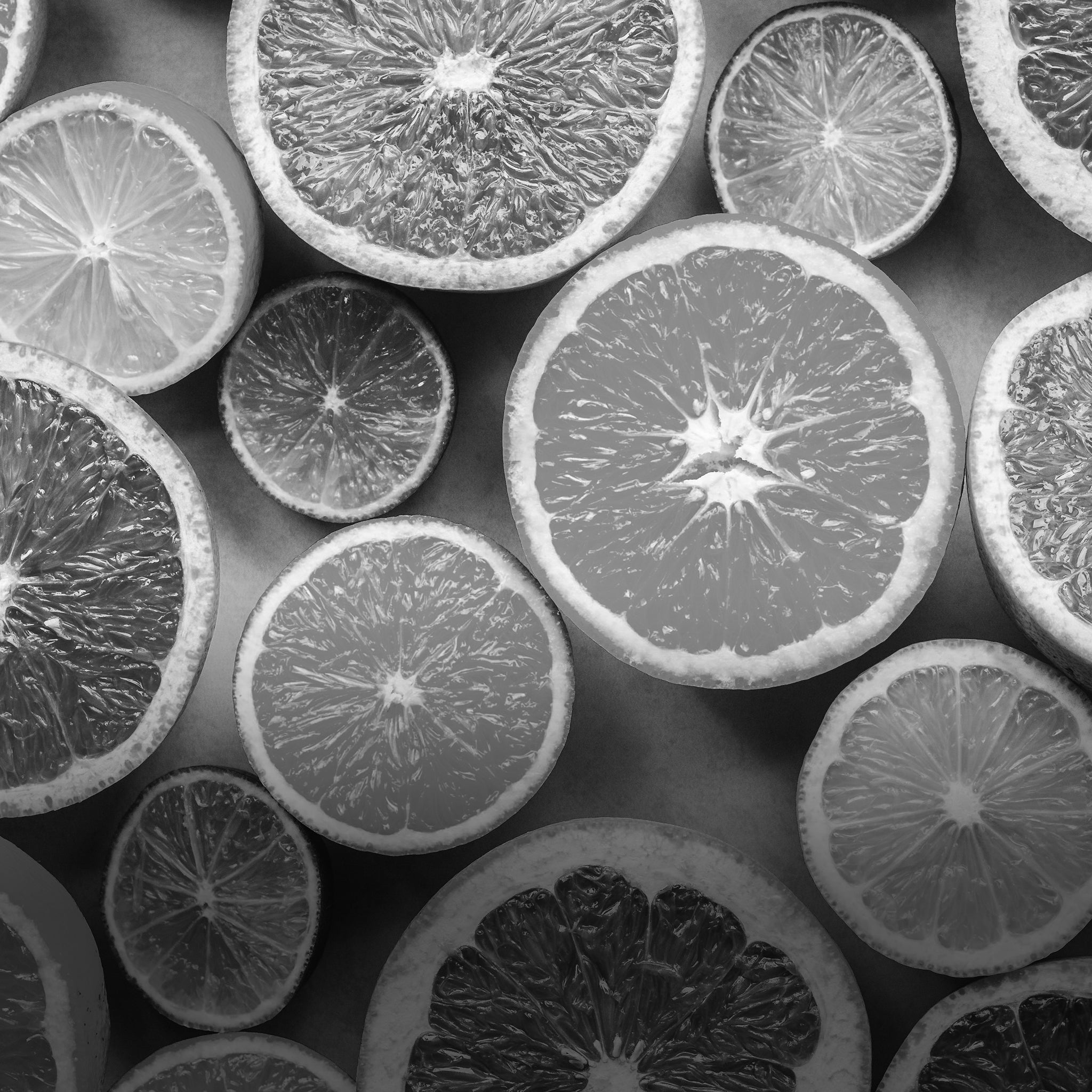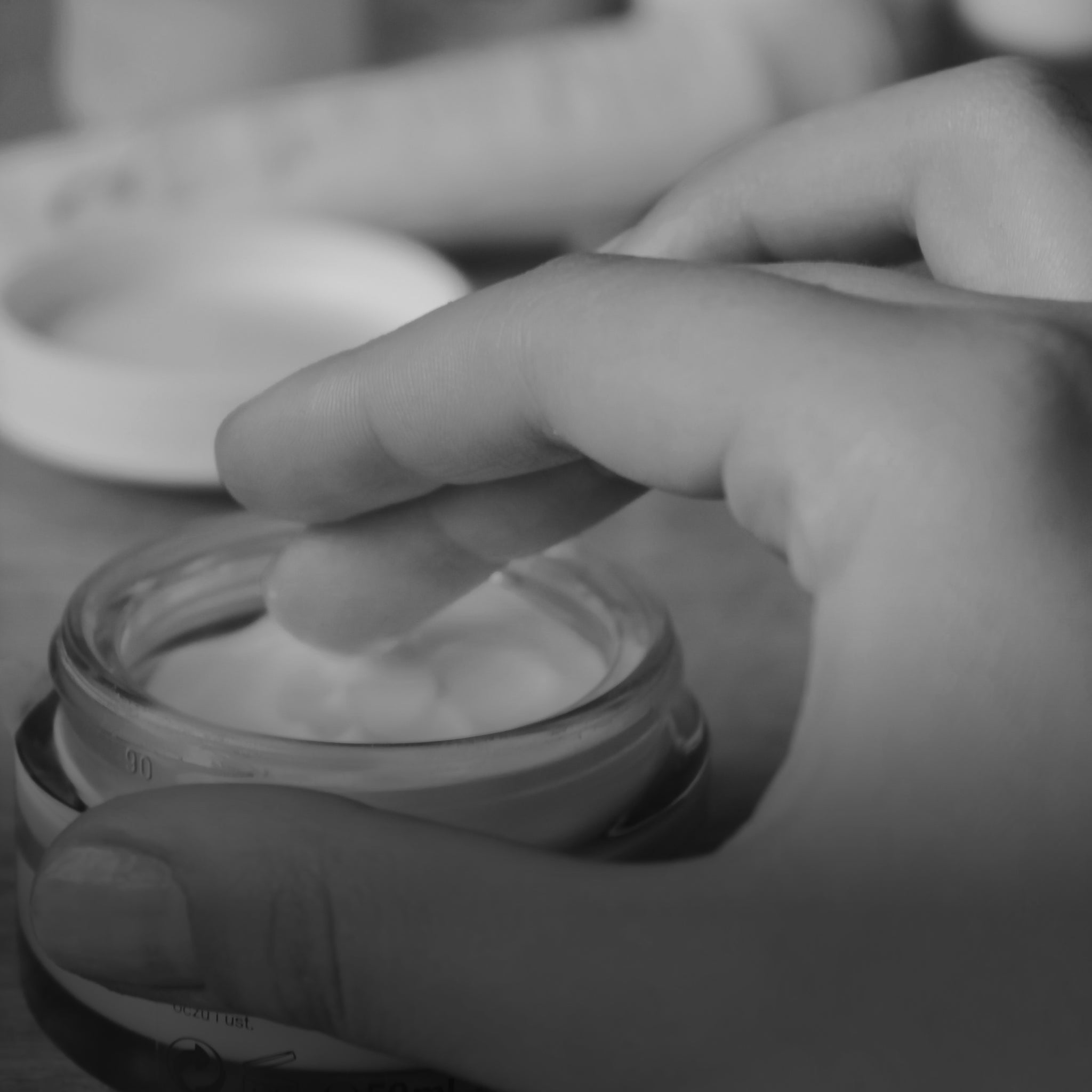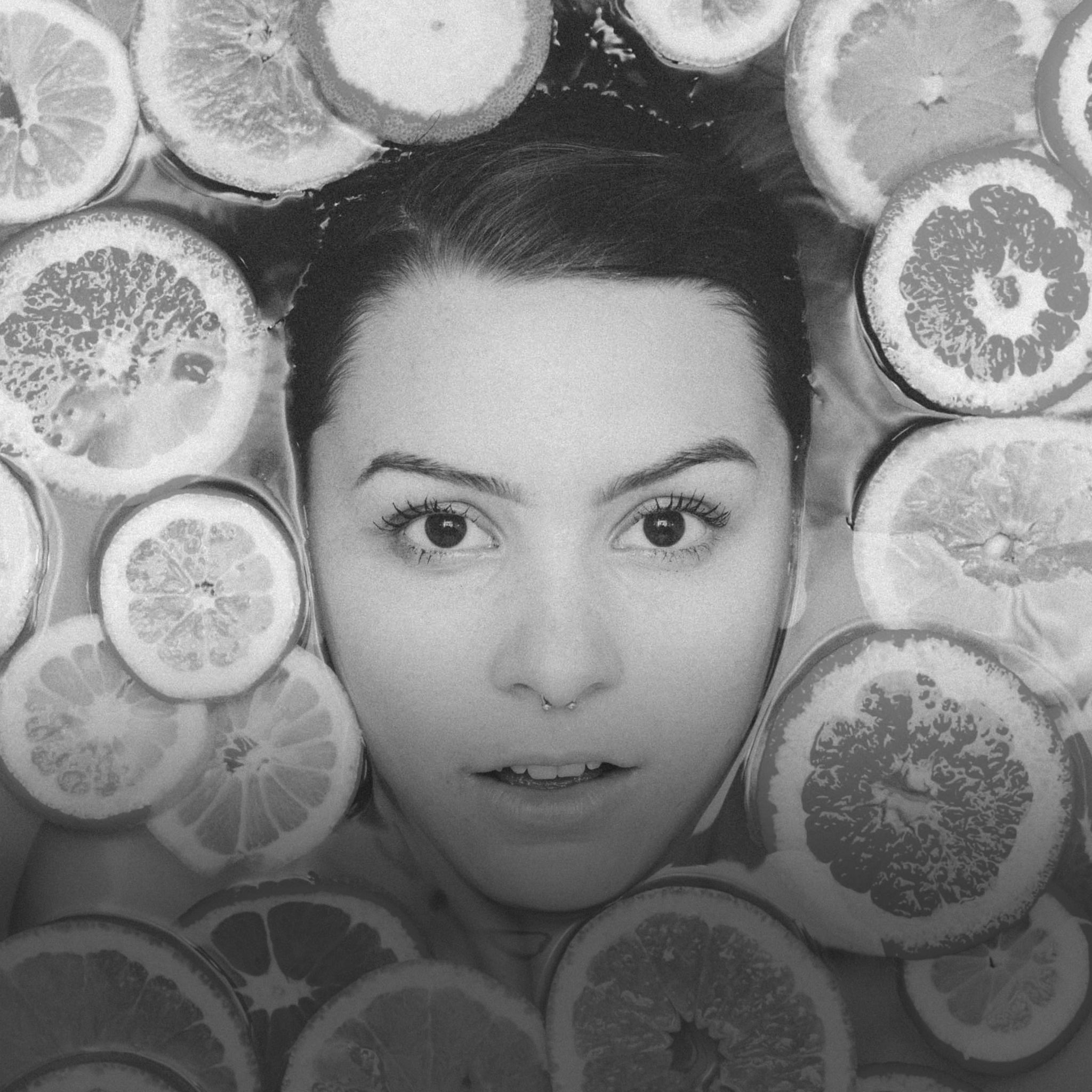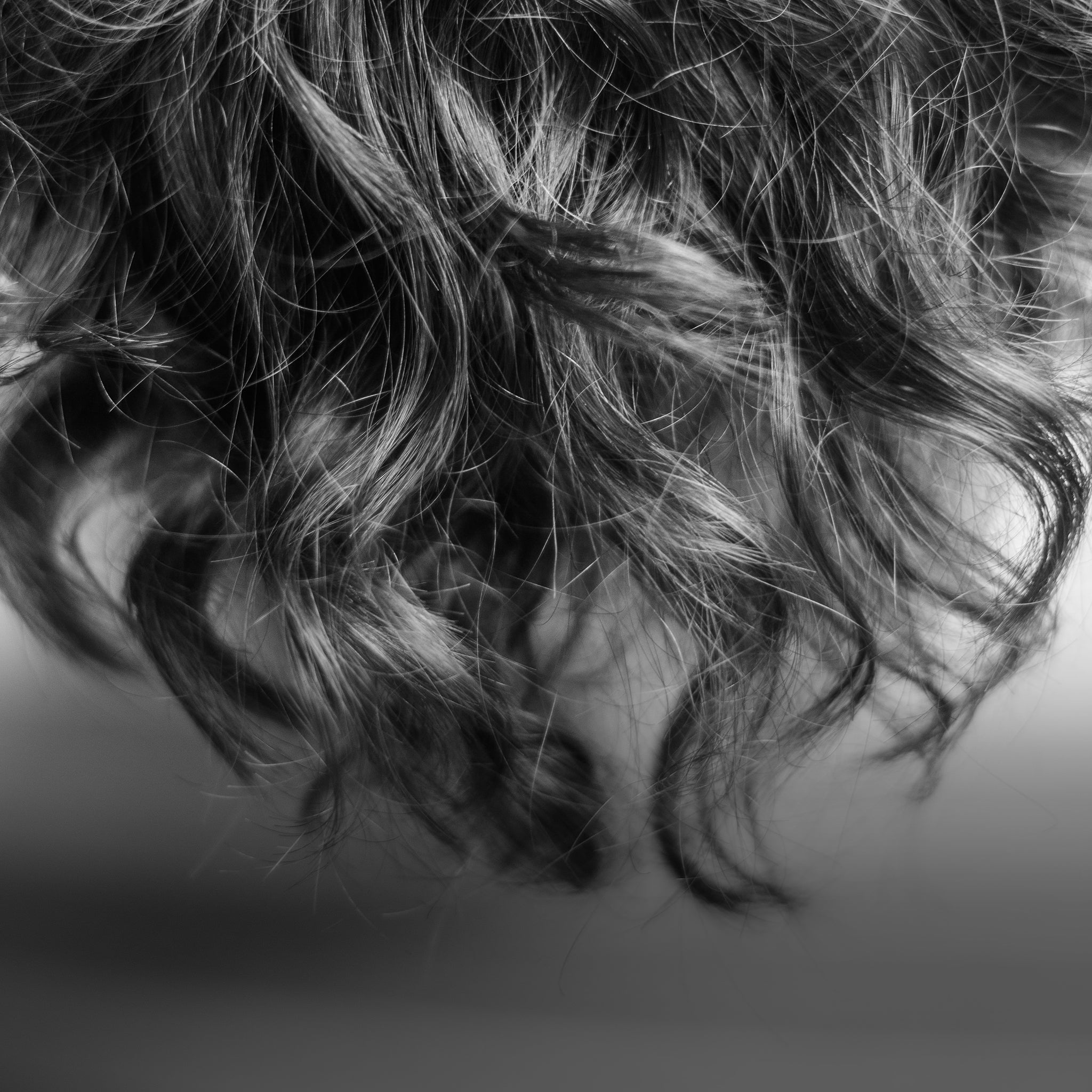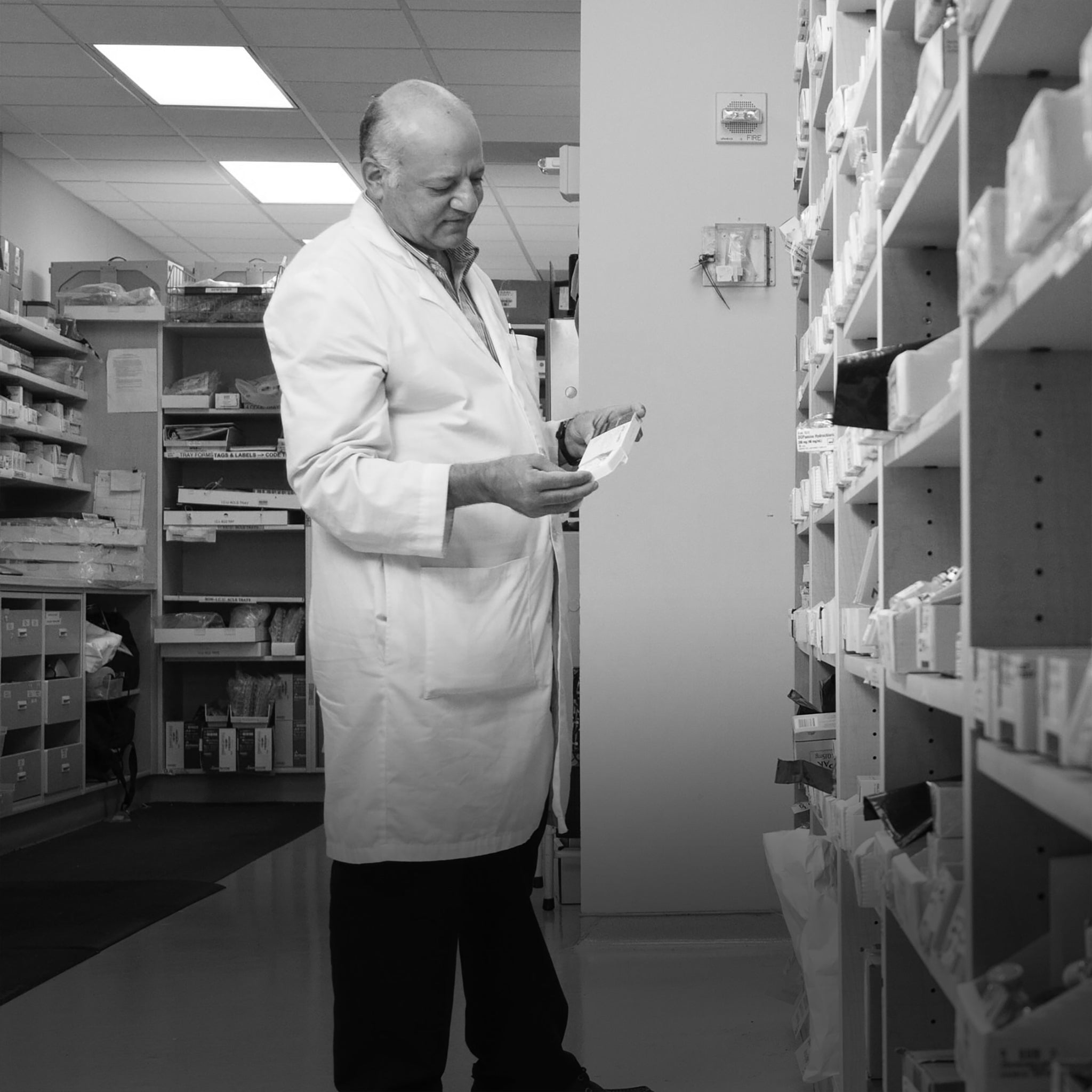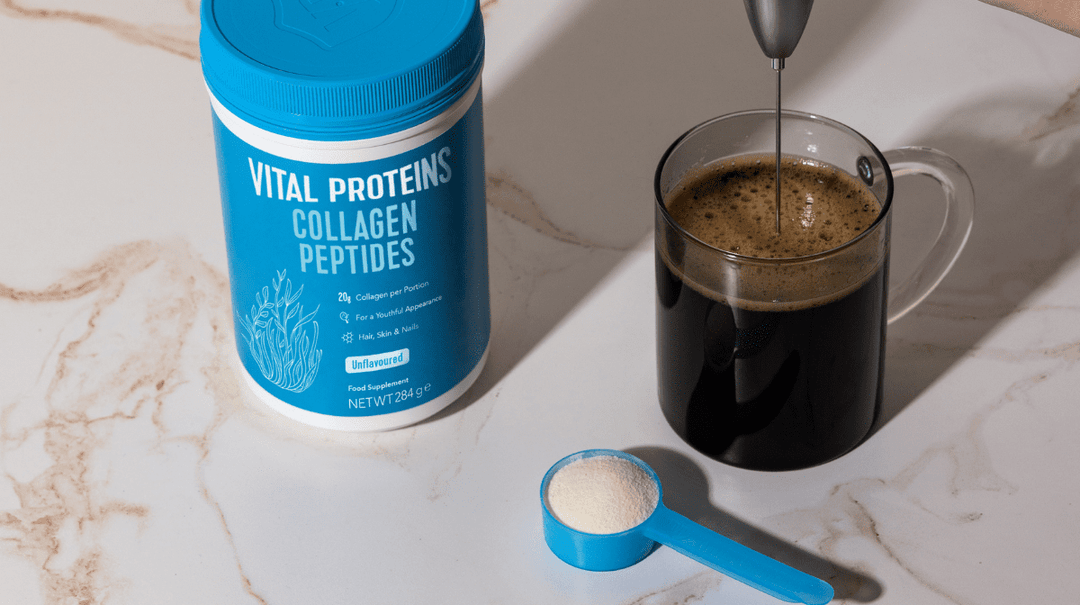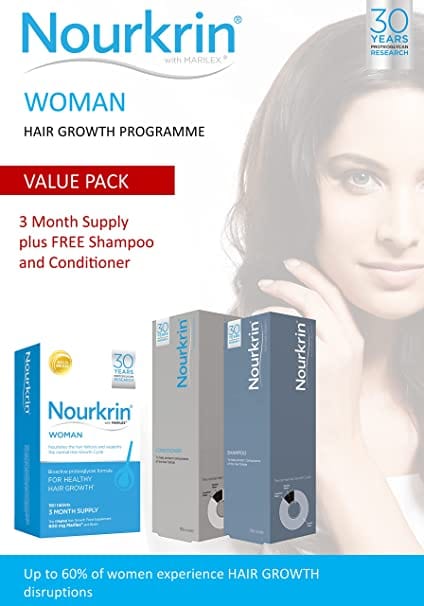Essential Skincare Tips Ireland: Achieve Radiant Skin Year-Round
Living in Ireland comes with its own set of skincare challenges—unpredictable weather, high humidity, chilly winds, and occasional sunshine (when we're lucky!). Whether you're in Dublin, Galway, Cork, or anywhere in between, achieving radiant skin year-round requires a tailored skincare ritual.
Introduction to Skincare
-
Skincare is essential for maintaining healthy and radiant skin, regardless of skin type or condition - whether you have oily skin, combination skin, dry skin, or sensitive skin.
-
A good skincare routine can help prevent skin conditions, reduce the appearance of wrinkles, and protect against sun damage and uv rays.
-
Staying up to date with the latest skincare tips and trends can help you achieve your skin goals and maintain a healthy, glowing complexion year-round.
-
Understanding your skin type, whether it’s oily, dry, or combination, is crucial in creating an effective skincare routine that addresses your specific skin concerns.

Determining Your Skin
-
Determining your skin type is the first step in creating a personalized skincare routine that caters to your unique skin needs and concerns.
-
There are several skin types, including oily skin, dry skin, combination skin, and sensitive skin, each requiring a tailored approach to skincare.
-
Understanding your skin tone and how it reacts to different products and ingredients is vital in choosing the right skincare products for your skin.
-
Identifying your skin concerns, such as acne, pigmentation, or ageing, can help you create a targeted skincare routine that addresses these issues.

Building a Skincare Routine
-
Building a skincare routine involves several steps, including cleansing, toning, moisturising, and protecting your skin from the sun and environmental stressors.
-
A consistent skincare routine can help maintain healthy and radiant skin, reducing the appearance of fine lines, wrinkles, and skin imperfections.
-
Using products containing active ingredients such as hyaluronic acid, vitamin C, and azelaic acid can help address specific skin concerns and improve skin texture and appearance.
-
Drinking enough water and getting enough rest are also essential for maintaining healthy and hydrated skin, and should be incorporated into your daily routine.
Skincare Routine Steps
Cleansing
-
Cleansing is the first step in any skincare routine, and involves removing dirt, makeup, and impurities from the skin without stripping it of its natural oils.
-
Using a gentle cleanser suitable for your skin type can help maintain the skin’s natural barrier and prevent irritation and dryness.
-
Cleansing should be done twice a day, morning and night, to keep the skin clean and refreshed, and to prepare it for other skincare products.
-
Avoid using hot water, which can strip the skin of its natural oils, and instead use warm water to cleanse the skin.
Toning and Serum
-
Toning helps balance the skin’s pH and remove any remaining impurities after cleansing, while serum delivers active ingredients deep into the skin to address specific skin concerns.
-
Using a toner and serum can help improve skin texture and appearance, reducing the appearance of pores and fine lines, and leaving the skin looking smoother and more radiant.
-
Look for products containing vitamin C, hyaluronic acid, and other antioxidants to help protect the skin from environmental stressors and promote collagen production.
-
Apply toner and serum to the face and neck, avoiding the delicate skin around the eyes, and gently pat into the skin until absorbed.
Moisturising
-
Moisturising is an essential step in any skincare routine, helping to lock in previous products and provide long-lasting hydration to the skin.
-
Using a moisturiser suitable for your skin type can help maintain the skin’s natural barrier and prevent dryness and irritation, while also reducing the appearance of fine lines and wrinkles.
-
Look for products containing hyaluronic acid, ceramides, and other emollients to help provide intense hydration and support the skin’s natural barrier function.
-
Apply moisturiser to the face and neck, avoiding the delicate skin around the eyes, and gently massage into the skin until absorbed.
Protecting Your Skin
-
Protecting your skin from the sun and environmental stressors is crucial in maintaining healthy and radiant skin, and preventing premature ageing and skin damage.
-
Using a broad-spectrum sunscreen with at least SPF 30 can help protect the skin from UV rays and prevent sunburn, while also reducing the risk of skin cancer.
-
Applying sunscreen daily, even on cloudy days, and reapplying every two hours or after prolonged periods in the sun, can help ensure adequate protection and prevent sun damage.
-
Wearing protective clothing, seeking shade, and avoiding peak sun hours can also help protect the skin from the sun and prevent premature ageing.
Skincare Procedures and Treatments
-
Skincare procedures and treatments can help address specific skin concerns and improve skin texture and appearance, providing a more radiant and youthful complexion.
-
Chemical peels, microdermabrasion, and facials can help remove dead skin cells, improve skin texture, and reduce the appearance of fine lines and wrinkles, while also promoting collagen production and cell turnover.
-
Laser treatments and microneedling can help stimulate collagen production, reduce the appearance of pores, and improve skin texture, providing a more smooth and radiant complexion.
-
Consulting with a dermatologist or skincare professional can help you determine the best course of treatment for your skin concerns and needs, and provide personalized recommendations for achieving optimal results.
Additional Skincare Tips
-
Always remove your makeup before bed to prevent clogged pores and skin irritation, and to maintain the skin’s natural barrier.
-
Exfoliate regularly to remove dead skin cells and improve skin texture, promoting cell turnover and collagen production.
-
Use a humidifier to add moisture to the air and prevent dry skin, especially during the winter months or in dry climates.
-
Get enough sleep to help your skin regenerate and repair itself, reducing the appearance of fine lines and wrinkles, and promoting a more radiant and youthful complexion.
Skincare Tools and Devices
-
Skincare tools and devices can help enhance the effectiveness of skincare products and treatments, providing a more personalized and effective skincare routine.
-
Using a facial steamer can help open up pores and improve skin texture, promoting cell turnover and collagen production, and reducing the appearance of fine lines and wrinkles.
-
Using a microcurrent device can help stimulate collagen production and improve skin elasticity, providing a more radiant and youthful complexion, and reducing the risk of premature ageing and skin damage.
-
Consulting with a dermatologist or skincare professional can help you determine the best tools and devices for your skin concerns and needs, and provide personalized recommendations for achieving optimal results.
What Is Oily Skin?
Oily skin happens when your sebaceous glands produce more sebum (natural skin oil) than usual. While sebum protects and moisturizes your skin, too much can lead to serious skin protection issues :
-
A shiny or greasy complexion
-
Enlarged pores
-
Clogged pores, blackheads, and breakouts
Oily skin can be genetic, but environmental factors—like Ireland’s humid summer months—can also affect the epidermis.
Common Challenges for Oily Skin in Ireland
-
Humidity increases oil production
-
Using the wrong products can strip skin and cause rebound oiliness
-
Excess oil can mix with dirt and pollution, leading to breakouts
-
Wind and cold can cause skin to overcompensate by producing even more oil
Extra Tips for Managing Oily Skin in Ireland
-
Avoid over-washing; it can dry out your skin and make oil production worse.
-
Choose light layers of skincare products to avoid heaviness.
-
If you wear makeup, opt for oil-free and non-comedogenic formulas.
-
Drink plenty of water to keep your skin balanced from within.
What Is Hyaluronic Acid?
Hyaluronic acid (HA) is a naturally occurring substance in your skin that acts like a sponge—it holds up to 1,000 times its weight in water! This makes it one of the best ingredients for keeping skin hydrated, deep hydration, and plumping skin.
How to Identify Your Skin Type
-
Wash your face gently and pat dry.
-
Wait an hour without applying any products.
-
Observe how your skin feels and looks:
-
If it feels tight or flaky, you might have dry skin.
-
If it looks shiny or feels greasy, oily skin is likely.
-
If it’s shiny in some areas but dry in others, combination skin.
-
If it’s calm and balanced, you’re likely normal.
-
If it stings, burns, or becomes red, you may have sensitive skin.
What Is Skin Tone?
Skin tone refers to the natural color of your skin’s surface—the shade you see when you look in the mirror. It’s influenced by genetics, sun exposure, melanin levels, and the body’s overall health.
Common Skin Tones
-
Fair: Very light skin, often burns easily, may have freckles
-
Light: Light skin with warm or cool undertones, tans gradually
-
Medium: Medium beige or olive tones, tans easily
-
Tan: Warm golden or bronze skin, rarely burns
-
Deep: Rich, dark brown to ebony tones, rarely burns
What Is Skin Care?
Skincare is the practice of taking care of your skin to keep it healthy, glowing, and protected from damage. It involves using the right products and habits tailored to your skin’s unique needs.
Why Is Skincare Important?
-
Protects your skin from environmental damage (UV rays, pollution)
-
Prevents premature ageing like wrinkles and dark spots
-
Helps manage skin conditions like acne, dryness, or sensitivity
-
Boosts your confidence by keeping your skin looking its best
What Is Dry Skin?
Dry skin lacks sufficient moisture and natural oils, making it feel tight, rough, flaky, or sometimes itchy. It can look dull and be more prone to fine lines and irritation, especially if you neglect using a night cream .
Common Causes of Dry Skin
-
Cold or windy weather (like Ireland’s winters)
-
Hot showers or harsh soaps that strip oils
-
Aging, which reduces natural oil production
-
Indoor heating or air conditioning
-
Certain skincare products (especially alcohol-based or overly exfoliating)
Common Skin Conditions
1. Acne
-
What it is: A condition where pores get clogged with oil, dead skin cells, and bacteria, causing pimples, blackheads, and sometimes cysts.
-
Who it affects: Mostly teens, but adults can get acne too.
-
Management: Use gentle cleansers, avoid heavy makeup, and incorporate ingredients like salicylic acid, benzoyl peroxide, or retinoids. See a dermatologist if severe.
2. Eczema (Atopic Dermatitis)
-
What it is: A chronic inflammatory condition causing red, itchy, dry, and sometimes cracked skin.
-
Who it affects: Common in children but can affect adults.
-
Management: Keep skin moisturized, avoid irritants, use prescribed creams, and manage triggers like stress or allergens.
3. Psoriasis
-
What it is: An autoimmune condition where skin cells build up rapidly, causing thick, scaly patches.
-
Who it affects: Can develop at any age.
-
Management: Treatments include topical steroids, moisturizers, light therapy, and sometimes oral medications.
4. Rosacea
-
What it is: A chronic skin condition causing redness, visible blood vessels, and sometimes pimples on the face.
-
Who it affects: Usually adults with fair skin.
-
Management: Avoid triggers (heat, spicy foods, alcohol), use gentle skincare, and see a dermatologist for treatments.
5. Hyperpigmentation
-
What it is: Dark patches or spots caused by excess melanin, often from sun damage, acne scars, or hormonal changes.
-
Management: Use sunscreen daily, apply brightening ingredients like vitamin C or niacinamide, and consider professional treatments if needed.
General Tips for Managing Skin Conditions
-
Consult a dermatologist for proper diagnosis and treatment.
-
Use gentle, fragrance-free skincare products.
-
Avoid picking or scratching affected areas.
-
Protect your skin with sunscreen daily.
-
Maintain a balanced diet and manage stress.
Types of Skincare Products
-
Cleansers
Remove dirt, oil, makeup, and impurities. Available as gels, foams, creams, or oils. Choose based on your skin type. -
Toners
Balance your skin’s pH, remove leftover residue, and prep skin for moisturizers or treatments. Some also hydrate or exfoliate gently. -
Serums
Concentrated treatments with active ingredients targeting specific concerns like wrinkles, dark spots, acne, or dehydration. -
Moisturizers
Hydrate and protect the skin barrier. Formulas range from light gels to rich creams, depending on your skin’s needs. -
Exfoliants
Help remove dead skin cells to brighten complexion and prevent clogged pores. Can be physical (scrubs) or chemical (AHAs, BHAs). -
Sunscreens
Protect skin from harmful UV rays, preventing sun damage, premature ageing, and skin cancer. Essential daily! -
Masks
Provide extra treatment for hydration, detoxification, or calming. Use weekly or as needed.
What Are Active Ingredients?
Active ingredients are the key components in skincare products that actually target specific skin concerns like acne, ageing, pigmentation, or dryness, including the use of active ingredients . They’re responsible for delivering results.
Why Drinking Enough Water Is Key to Healthy, Glowing Skin
Drinking enough water is one of the simplest and most effective ways to support your skin’s natural glow and your overall health. Pair hydration with a good skincare routine to stay up to date for best results!
Final Thought: Keep It Consistent
No matter where in Ireland you live, great skin comes from consistency, hydration, and seasonal awareness. The weather might change every five minutes, but your skincare doesn’t have to. With the right approach, you can glow through grey skies and sunshine alike.
FAQs
1. Do I really need to wear SPF every day in Ireland?
Yes! Even on overcast or rainy days, UVA rays (which cause ageing and skin damage) still penetrate through clouds. Wearing an SPF 30–50 daily protects your skin year-round—even when the sun isn't visible.
2. Why does my skin feel dry in winter but oily in summer?
Ireland’s climate leads to seasonal skin changes. In winter, indoor heating and cold air dehydrate your skin, causing dryness. In summer, humidity can increase oil production, making your skin feel greasy. Adjust your routine seasonally—use richer creams in winter and lighter formulas in summer.
3. Can I exfoliate more often if my skin feels rough?
Not necessarily; following a balanced skincare routine is non negotiable . Over-exfoliating can damage your skin barrier. Stick to 1–2 times per week with a gentle exfoliant, like lactic acid or PHA, to smooth texture without irritation.
4. What’s the best way to treat redness or sensitivity from wind exposure?
Look for products with soothing ingredients like niacinamide, aloe vera, or ceramides. Avoid harsh scrubs or alcohol-based toners. A calming cream or balm can also help reduce windburn and support healing.
5. Are there any Irish skincare brands you recommend?
Yes! Some amazing Irish skincare brands and other brands include:
-
Pestle & Mortar – known for hydrating, minimalist products
-
Kinvara Skincare – organic, plant-based formulas
-
AYU Skincare – simple, effective products made for Irish skin
Supporting locals also means supporting formulas created with Irish climate and skin types in mind.

